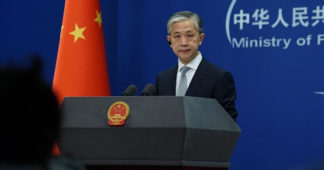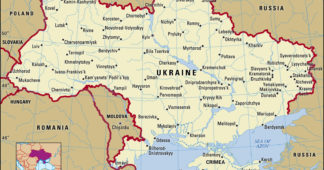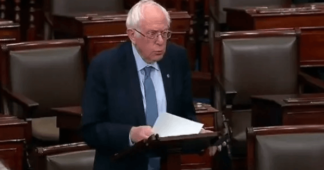The administration’s new disinformation board is falling into all the same traps as a disturbing World War I initiative.
by John Maxwell Hamilton and Kevin R. Kosar
May 15, 2022
In an almost offhand fashion last week, Secretary Alejandro Mayorkas told several congressional committees that his Department of Homeland Security had created a new body, the Disinformation Governance Board (DGB). He offered few specifics as to how it was combating disinformation, and few have come since, apart from his meaningless comment that the DGB would have no “operational authority or capacity.” In short, the message amounted to “There’s nothing to see here or worry about.”
We disagree, and we have seen this saga before. An episode from over a hundred years ago tells us a great deal about how such a venture can go wrong, and to some extent already has.
We refer here to the Committee on Public Information, created by President Woodrow Wilson on April 14, 1917, one week after the United States entered World War I. This was done through a three-sentence executive order that offered no meaningful specifics other than that the CPI would be headed by the pyrotechnic, muckraking journalist George Creel.
Wilson seems to have had in mind that the CPI would be responsible for censoring information that compromised military operations. This, of course, was a matter of legitimate concern. But in the next 18 months that the war lasted, the CPI grew willy-nilly into a ministry of propaganda. “There was no part of the great war machinery that we did not touch, no medium of appeal that we did not employ,” Creel wrote after the war in his book How We Advertised America. It was one of the few times he made an understatement. The CPI soon began declaring “the facts,” calling out Americans who dared to dissent, and even chastising small town editors who took minor exception to administration policy.
Continue reading at www.politico.com
We remind our readers that publication of articles on our site does not mean that we agree with what is written. Our policy is to publish anything which we consider of interest, so as to assist our readers in forming their opinions. Sometimes we even publish articles with which we totally disagree, since we believe it is important for our readers to be informed on as wide a spectrum of views as possible.











